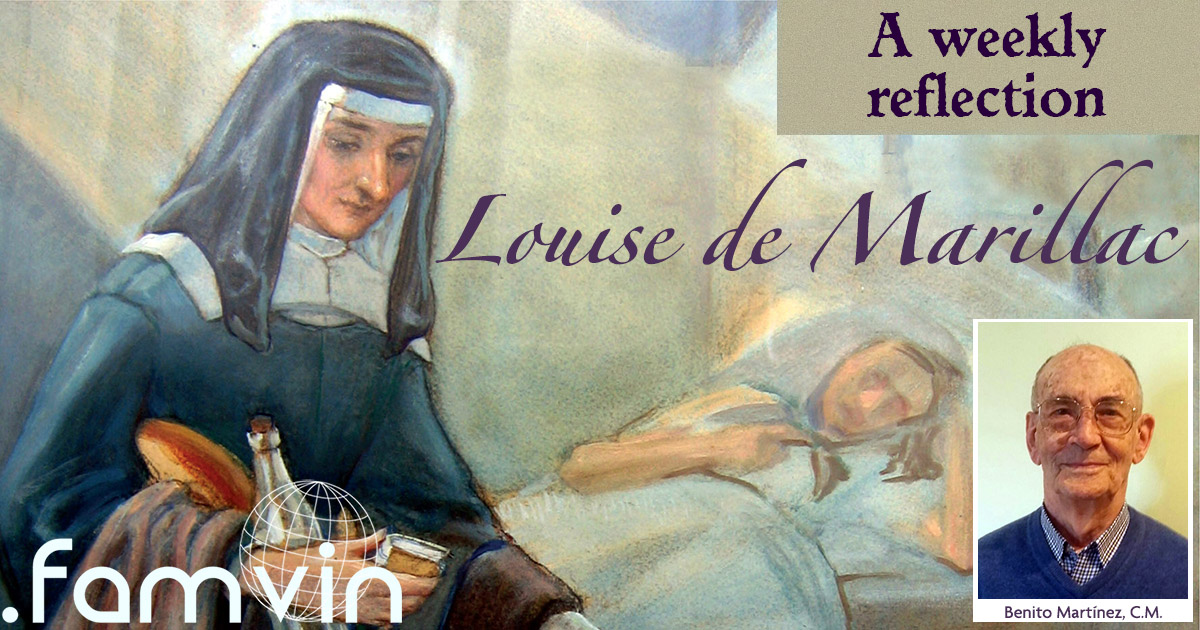“We may also offer them at the Crib in place of the gifts of the Three Kings: almsgiving for gold, fasting for myrrh and prayer for incense. Likewise, we may present them to the Blessed Trinity: prayer to the Father, fasting to the Son and almsgiving to the Holy Spirit. Thus we are able to adore our Incarnate God with the angels by prayer, with the Kings by almsgiving and with the shepherds by fasting; and God will bless us.”
Louise de Marillac, On the Feast of Epiphany (A 45b).
Reflection:
- In Spain, as in many Latin American nations, the Epiphany is the feast of the Three Wise Men, full of gifts for children and adults. “Magic Kings” are called the visitors who, after the birth of Jesus, came from foreign countries to pay homage and give gifts of great symbolic wealth: gold, because He was King; incense, because he was a Priest, and myrrh, announcing his death. They were wise men, scientists, astrologers who knew the movement of some stars and had knowledge of the Scriptures, probably because of the contact with Jews who remained in the East after the so-called exile of Babylon. Throughout history it has been noted that there were three, because three were the gifts, because they represented the three ages of man and because they were considered original of the three known continents then: Europe, Asia, and of Africa.
- With respect to the names of Melchior, Gaspard and Balthazar, the first references go back to the fifth century. According to an ancient legend, their remains are in the Shrine of the Three Kings in the Cathedral of Cologne, Germany.
- In Pope Benedict XVI’s book “The Childhood of Jesus,” it is said: “the wise men of the East have become kings, and with them camels and dromedaries have entered the manger.” “Magi are from the East, but in that anxiety to seek God are represented the searchers of God of all places and all times.”
- Saint Louise proposes to us in this meditation that we, when visiting a nativity scene, offer to Jesus alms instead of gold, fast instead of myrrh and prayer as incense. Almsgiving today does not sound good, but it is wonderful the reality of letting go of ours to help the needy. Neither does we like the word fast, but we like the word endurance, enduring the deficiencies of those who are by our side. Prayer is forever.
Questions for dialogue:
- Do you “spread” the feast of the Three Wise Men throughout the year? Do you know how to give and thank? Do you give special attention to the children of your family? And the children of strangers? Do you educate them, accompany and evangelize them?
- Do you remember the name and position of each member of the Vincentian community to which you belong? Do you give something away, material or spiritual?
Benito Martínez, C.M.








0 Comments